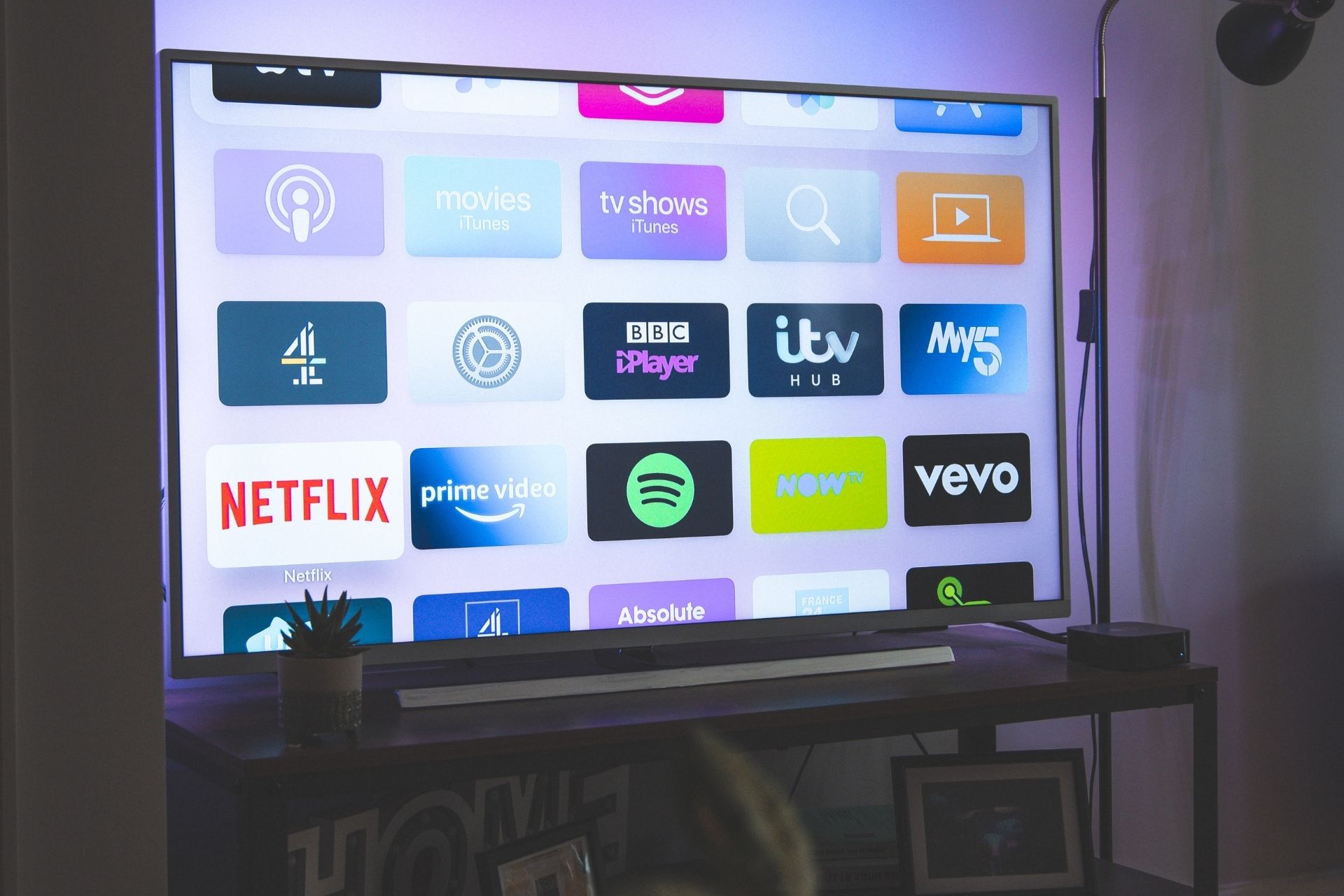Like all Windows updates, Windows 11 didn’t receive much enthusiasm at launch. People tend to prefer what they’re familiar with, and it’s hard to argue against the long-standing popularity of Windows 10. But now that the new operating system (OS) has been out for a few years, you may ask yourself, “Should I upgrade to Windows 11?”
Windows 10 has been the world’s most popular desktop OS since 2018, and it still has much to offer. On the other hand, it doesn’t cost anything to upgrade to the new version, and you’ll get access to some unique features. To help narrow down your decision, here are the pros and cons of upgrading to Windows 11.
Why You Should Upgrade to Windows 11
Let’s start with the reasons why you should upgrade to Windows 11. Microsoft’s latest OS doesn’t seem to change much on the surface, but when you dig deeper, there are several good reasons to switch.
Windows 10 is Losing Support
The biggest argument in favor of Windows 11 is that Windows 10 is losing support. Microsoft will stop updating the OS in October 2025, and no new versions are coming out before then, apart from regular security patches.
You can still use Windows 10 after its supported life ends, but that’s not ideal. Without regular updates, your software could quickly become vulnerable to new cyber threats. You’ll also have to live with any lingering bugs and glitches, as Microsoft will stop fixing these to focus on the new OS.
Games and other apps will slowly perform worse on outdated software, too. Developers will update their products to optimize them for the newer system to the point that you may be unable to use the latest versions on Windows 10.
Windows 11 Offers Better Performance
Another good reason to upgrade to Windows 11 is that it enables higher performance. The OS comes with a feature called Auto HDR — which first appeared in the Xbox Series X. Auto HDR converts standard dynamic range images into high dynamic range (HDR). The result is crisper, more vibrant visuals if you have an HDR-compatible monitor.
Windows 11 also features DirectStorage, which loads files more quickly. This feature is also available on Windows 10 but runs a little better on Windows 11. Windows 11 also has better refresh rate support and manages multiple screens with fewer glitches.
Some of these improvements may not be noticeable initially, but future updates will widen the performance gap between Windows 10 and 11. Even if something isn’t a huge difference now, you’ll want to upgrade if you want the highest performance possible in the future.
Windows 11 Has Handy New Features
There are also plenty of nifty new settings and features on Windows 11. Most notably, it supports Android apps, giving you access to the largest app store, though not all apps can run on it.
Windows 11 lets you record videos of your screen, too, whereas Windows 10 only supports screenshots without third-party software. Widgets are also more functional on the new OS, where you can customize a pop-up menu dedicated to them.
Microsoft Teams comes built in to Windows 11, too. Other productivity features include settings that let you customize screen layouts for running multiple apps simultaneously and saving which windows you have open on each monitor.
Windows 11 Has AI Functionality
You may want to upgrade to Windows 11 for its AI functionality if none of these other features impress you. Copilot for Windows gives you a cutting-edge AI assistant to make using the OS more convenient. The concept itself isn’t necessarily new, but Copilot uses models from OpenAI, one of today’s leading AI companies, so its functionality far exceeds earlier but similar products.
You can chat with Copilot as you would with ChatGPT, making it easier to tweak some settings if you’re not tech-savvy enough to do so manually. Even if you are, this AI assistance saves time and effort.
Copilot is technically available on Windows 10, but to a lesser extent. The Windows 10 version can’t perform many Windows tasks, so it’s little more than a chatbot.
Why You Should Not Upgrade to Windows 11
Of course, there’s a solid argument not to upgrade to Windows 11, too. Here are some factors why it may be worth a second thought.
Windows 11 Requires Special Hardware
The biggest reason not to upgrade to Windows 11 is that you may not even be able to. You need an Intel 8th-generation or AMD Ryzen 2000 processor or newer to run it, so if you’re using an old CPU, you may need to upgrade.
You’ll also need a trusted platform module (TPM) 2.0 chip. While the TPM 2.0 standard came out in 2014, many computers use a firmware version, and Windows 11 requires a physical TPM chip on your motherboard. Finding a motherboard with a TPM 2.0 chip isn’t hard today, but if your computer or its components are a bit dated, it’s an extra expense for an otherwise free upgrade.
Windows 10 Is More User-Friendly
Another reason to stick with Windows 10 is that it’s more familiar for most people. Because this OS has been the standard for so long, it’s hard to learn the ropes of a new one. Even though Windows 11 doesn’t change too much, it’ll still require some adjustment.
The UI changes Windows 11 does make aren’t great, either. The new taskbar looks nice but is far less functional than Windows 10’s and is best for 4K monitors, which not everyone has. Similarly, finding some apps and settings isn’t as intuitive in Windows 11 as in Windows 10.
Windows 10 Still Runs Well
Finally, you may not want to upgrade to Windows 11 because it’s not that big of an upgrade. While the new OS does offer some handy features and performance improvements, they don’t make a significant difference for most casual users.
Windows 10 is by no means outdated in terms of performance. It still runs great, and you can make it run faster in a lot of ways without upgrading. For some people, the minimal gains you’ll see in Windows 11 aren’t enough to justify the hassle of the worse UI.
Should I Upgrade to Windows 11? It Depends
So, given these pros and cons, should you upgrade to Windows 11? Eventually, yes. Every Windows user should switch away from Windows 10 before it loses support in October 2025.
As far as how long in advance you should upgrade, it depends on your specific situation. It’s worth waiting a bit if you need to buy a new motherboard or CPU. Similarly, if you don’t need Windows 11’s productivity features and love Windows 10’s UI, it’s not worth upgrading until you need to.
Recent Stories
Follow Us On
Get the latest tech stories and news in seconds!
Sign up for our newsletter below to receive updates about technology trends














